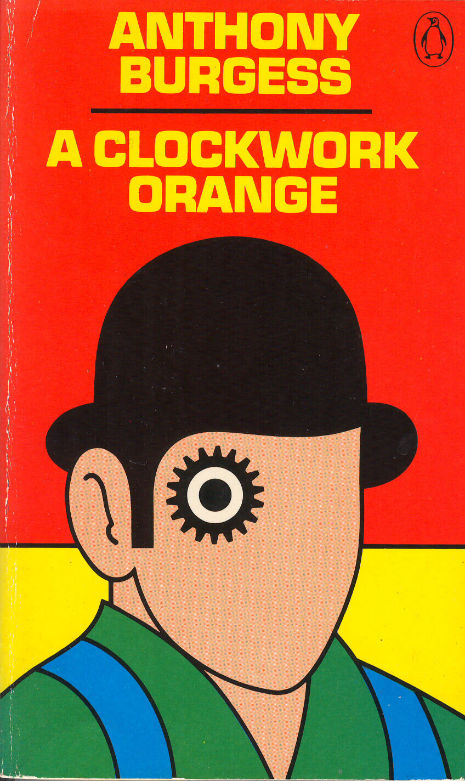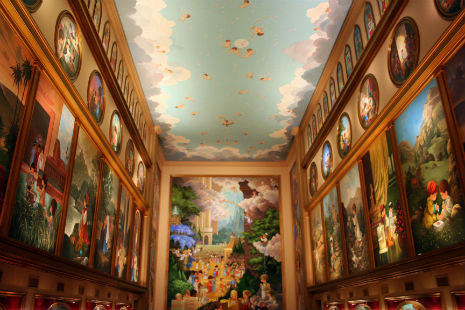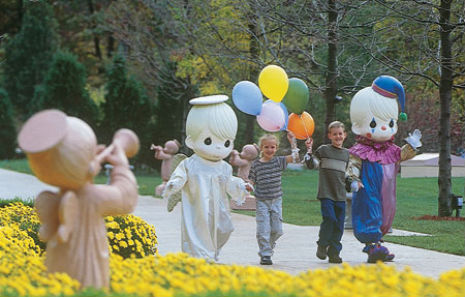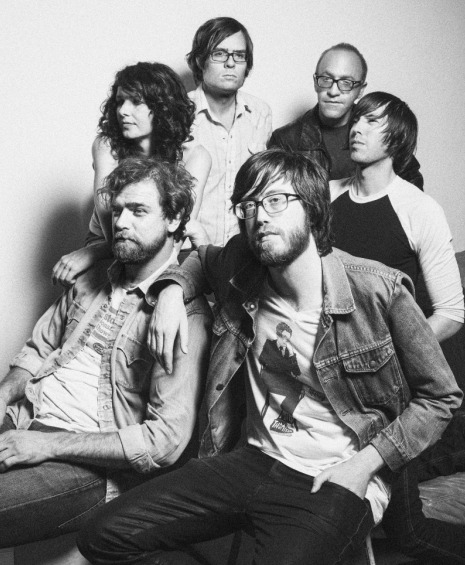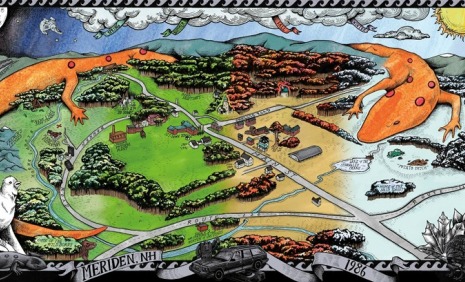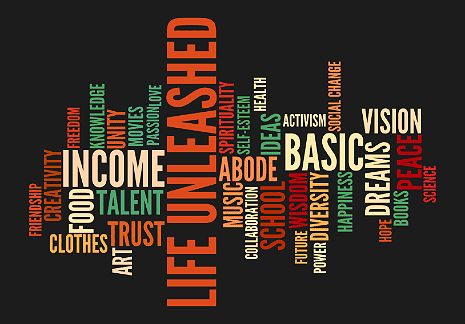
I was thrilled to see Allan Sheahen’s important essay on the BIG idea of the “Basic Income Guarantee” concept make it to the front page of Huffington Post recently, and I am pleased to be able to share it here with Allan’s blessing. I’ve long been a fan of the “Basic Income Guarantee” concept (which I was introduced to by Robert Anton Wilson) and this is as succinct an explanation of it as I have read anywhere. No surprise that it was shared so many times by Huffington Post readers.
As Mr. Sheahen explains below, the “Basic Income Guarantee” is a common sense solution to poverty that the likes of Libertarian economist Milton Friedman (overstating Friedman’s place of primacy in conservative economic orthodoxy would be difficult to do), liberal icon Senator George McGovern, Dr. Martin Luther King and even welfare critic Charles Murray could all agree upon.
That’s really saying somethin’, but I’ll let Allan explain…
Jobs Are Not the Answer
The current unemployment rate of 7.5 percent means close to 20 million Americans remain unemployed or underemployed.
Nobody states the obvious truth: that the marketplace has changed and there will never again be enough jobs for everyone who wants one—no matter who is in the White House or in Congress.
Fifty years ago, economists predicted that automation and technology would displace thousands of workers a year. Now we even have robots doing human work.
Job losses will only get worse as the 21st century progresses. Global capital will continue to move jobs to places on the planet that have the lowest labor costs. Technology will continue to improve, eliminating countless jobs.
There is no evidence to back up the claim that we can create jobs for everyone who wants one. To rely on jobs and economic growth does not work. We have to get rid of the myth that “welfare-to-work” will solve the problems of unemployment, poverty, and homelessness.
“Work” and jobs are not the answer to ending poverty. This has been the hardest concept for us to understand. It’s the hardest concept to sell to citizens and policy makers. To end poverty and to achieve true economic freedom, we need to break the link between work and income.
Job creation is a completely wrong approach because the world doesn’t need everyone to have a job in order to produce what is needed for us to live a decent, comfortable life.
We need to re-think the whole concept of having a job.
When we say we need more jobs, what we really mean is we need is more money to live on.
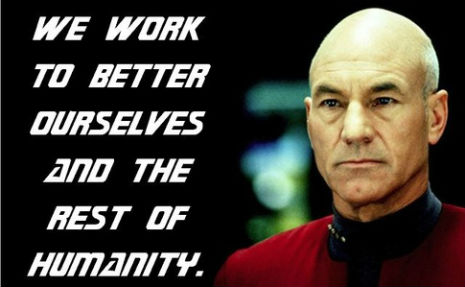
Basic Income Guarantee
One answer is to establish a basic income guarantee (BIG), enough at least to get by on—just above the poverty level—for everyone. Each of us could then try to find work to earn more.
A basic income would provide economic freedom and income security to everyone. We’d have the freedom to work less if we wanted to, or work the same amount and save or spend that money.
It would provide a direct stimulus to the economy, which would help create more jobs.
In 1972, Democratic presidential candidate and Senator George McGovern knew the economy was changing. He proposed a $1000 annual “demogrant” for every American. The grant would act as a kind of cushion against the loss of a job or other misfortune.
We could pay for a Basic Income Guarantee by eliminating most of the 20th-century programs like unemployment insurance, welfare, Social Security, Section 8 housing, etc., and by having the wealthy pay their fair share in taxes.
Billionaire Warren Buffett admits he pays a lower tax rate than his secretary. Mitt Romney said he paid only 13.9 percent in federal income tax in 2010, despite earning $22 million. Average-income Americans pay about 20 percent.
A BIG would be cheaper than a jobs program. President Obama’s 2009 stimulus plan promised to create 3 to 4 million jobs at a cost of $862 billion. That’s over $200,000 per job.
Such a basic income would recognize that with productivity as high as it is today, too many workers get in each other’s way. Those who don’t have to work shouldn’t be required to do so. Instead, they can create, do volunteer service, or work at low-paying jobs which are still socially needed, such as teaching or the arts.
Think of it as the opposite of trickle-down economics, where we give huge tax breaks to the rich in the false hope that something will trickle down to the rest of us.

Try telling a conservative blow-hard that their hero Milton Friedman was the architect of the most successful social welfare program in US history and they’ll often simply refuse to believe you! When offered proof, it seems to infuriate them.
Not a New Idea
Basic income is not a new idea. It’s been debated among policymakers in several nations since the 1970s. Economist Milton Friedman said: “We should replace the ragbag of specific welfare programs with a single comprehensive program of income supplements in cash—a negative income tax.”
The Reverend Martin Luther King, Jr., said: “I am convinced that the simplest solution to poverty is to abolish it directly by a guaranteed income.”
BIG’s most recent American advocate is welfare critic Charles Murray. In his book: In Our Hands, Murray agrees with Friedman and King, and proposes a $10,000 yearly grant paid to every adult. Murray and others argue it would save money. There would be no bureaucracy to support and no red tape to manage.
Opponents claim we shouldn’t pay people not to work. But the duty to pursue work is based on the mistaken assumption that there is work to be had.
In the post-industrial age, the USA will provide ever fewer opportunities for low-skilled workers. Policies in pursuit of full employment make no sense.

Basic Income Can Work
In 1982, the state of Alaska began distributing money from state oil revenues to every resident. The Alaska Permanent Fund gives about $1000 to $2000 each year to every man, woman, and child in the state. In 2012, the amount fell to $878. There are no work requirements. The grant has reduced poverty and the inequality of income in Alaska.
A 10-year, 7800-family, U.S. government test of a basic income in the 1970s found that most people would continue to work, even when their incomes were guaranteed. A test in Manitoba, Canada produced similar results.
In 2005, Brazil created a basic income for the most needy. When fully implemented, the plan will ensure that all Brazilians, regardless of their origin, race, sex, age, social or economic status, will have a monetary income enough to meet their basic needs.
A two-year, basic income pilot program just concluded in Otjivero, Namibia. Each of 930 villagers received 1000 Namibian dollars (US$12.40) each month. Malnutritition rates of children under five fell from 42 percent to zero. Droupout rates at the school fell from 40 percent to almost zero. It led to an increase in small businesses.
Most Americans are six months from poverty. Middle-class people who worked all their lives, then lost their jobs and saw their unemployment benefits expire, are now sleeping in parks and under bridges.
America hasn’t seen full employment in decades. Even a full-time job at the minimum wage can’t lift a family of three from poverty. Millions of Americans—children, the aged, the disabled—are unable to work.
A basic income guarantee would be like an insurance policy. It would give each of us the assurance that, no matter what happened, we and our families wouldn’t starve.

This has been a guest editorial courtesy of Allan Sheahen, committee member of the U.S. Basic Income Guarantee Network (USBIG) and author of the recently published book Basic Income Guarantee: Your Right to Economic Security .
Below, Allan Sheahen discusses the guaranteed income bill with Mark Crumpton on Bloomberg Television’s Bottom Line.






